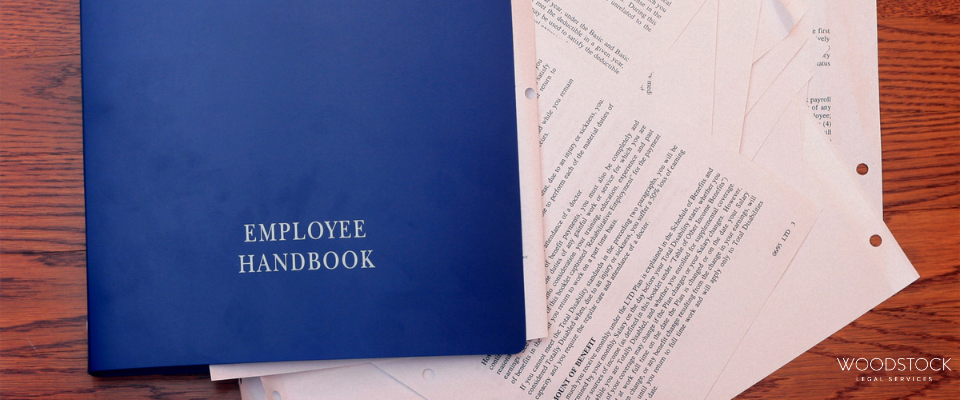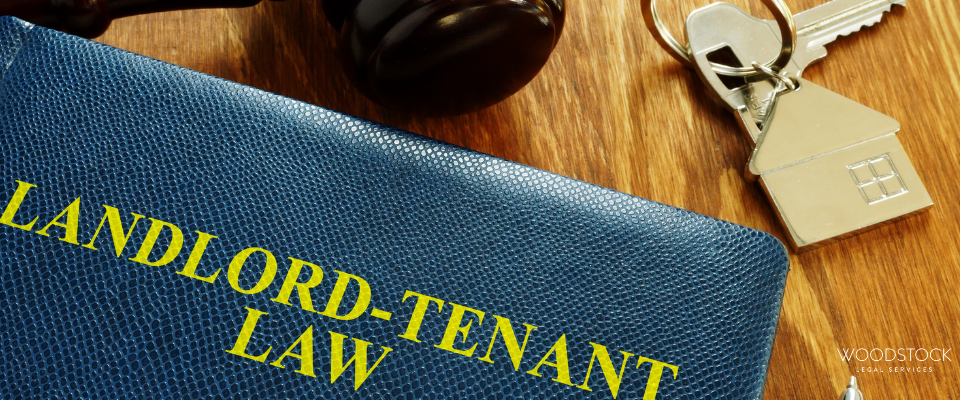COVID-19 and Commercial Leases
s.ritchie • March 26, 2020
This is a subtitle for your new post

We are operating and living in unprecedented times. The guidelines from the government are changing on an hourly basis and we’re doing our best to try and provide you with the support you will need to weather this storm.
Offices, retail and industrial premises are experiencing significant interruption. Below are some issues to be aware of and practical tips to assist.
Rent abatement clauses
Could a tenant withhold rent payments if premises have to close? Unlikely. Whilst almost all commercial leases have rent abatement clauses, such clauses usually deal with premises becoming unfit for occupation as a result of some form of damage to them, for which the landlord is insured. It is very unlikely that existing clauses in a commercial lease would be triggered as a result of the premises being uninhabitable by virtue of Covid-19.
Keep open clauses
Many retail and leisure leases contain an obligation to remain open. Many allow closure where remaining opening is no longer possible due to force majeure events, which should (!) cover closure due to COVID-19, particularly where tenants have a duty to protect the health of their staff.
If they don’t, it would be very difficult to enforce “keep open” clauses unless the tenant is the anchor in a scheme. Landlords could seek damages for failing to open but it is difficult to prove and presumably even more so where other tenants are also closing for the same reasons.
Care needs to be taken in turnover rent (and some other) leases where they contain a penalty for closure in breach of a “keep open” provision. Some leases allow the landlord to charge 25% or more of base rent as a penalty and, in turnover rent leases, even if no penalty applies, you may still pay a turnover rent based on an average daily turnover for days closed in breach of these provisions rather than no turnover rent at all.
However, where closure has been enforced by the Government, the court may not enforce payment of any penalty.
Is Covid-19 a ‘frustrating’ event?
Could a tenant potentially get out of its leasehold obligations altogether given the current pandemic? Legally, it’s highly unlikely. Brexit created the leading case on the contractual doctrine of frustration, involving Canary Wharf Limited and the European Medicines Agency (EMA). EMA argued that Brexit would frustrate its lease as it would likely have to relocate. The High Court disagreed. The fact that the lease contained alienation provisions (common in commercial leases) that would allow the tenant to dispose of the lease if it could no longer continue its operations in the UK, militated against the argument that the lease was frustrated.
A pandemic is arguably less persuasive as a frustrating event. Although pandemics are rare, are they entirely unprecedented? Could they quite easily be held to be within the contemplation of the parties at the time the lease was granted?
Insurance
Tenants should check their insurance policies as to whether losses due to viruses are covered. Companies may well have the following insurances which they may wish to check:
- General Liability insurance;
- Business Interruption policy (either a standalone or part of a General Liability policy attached as an endorsement);
- Crisis Management insurance; and
- Mitigation insurance.
However, early indications seem to be that COVID-19 is not covered but it may be possible to make a claim for losses by act of God if this clause/risk is in the policy.
Rent and service charge
Refusing to pay rents would entitle the landlord to either forfeit (terminate) the lease, issue a petition to wind up the tenant company, instruct bailiffs to collect goods of the value of the lease rents or make claim for losses/payment in the courts. There is a difference whether practically a landlord will forfeit leases and be left with voids they can’t fill (and be liable for rates).
Parties should discuss potentially agreeing:
- monthly rental payments rather than quarterly;
- a moratorium on rental payments for 3–6 months. If the landlord objects to a moratorium, the tenant could suggest that those rental payments are then spread over the following 6 months once all has returned to normal;
- a reduction in rent; or
- that the rent is permanently or temporarily converted to a turnover-only basis.
Landlords closing centres and common parts
If a landlord closes a centre or any common parts, you will need to check the lease as to the landlord’s obligations and any potential claims. Certainly, in this case, your service charge payments should be reduced or suspended, but again tenants will need to check their leases.
Going forward, force majeure clauses allowing termination, or at least closure, and providing for the cessation of rents should be included in all new leases.
Communication, communication, communication
Landlords and tenants MUST work together, communicate and compromise whilst dealing with COVID-19. Be honest, have brave and difficult but most importantly transparent conversations. This might result in the parties co-operating beyond the realms of the traditional landlord and tenant relationship in order best to preserve their respective interests.
If you need assistance in what, how or when those conversations should take place, or to discuss your options in more specific detail, we’re available to assist.
We’re able to take phone, video or conference calls and will work hard to assist you in navigating through this very difficult situation.
Please email s.ritchie@woodstockpropertylaw.com
or call 0330 055 2785
if you wish to discuss this further.










